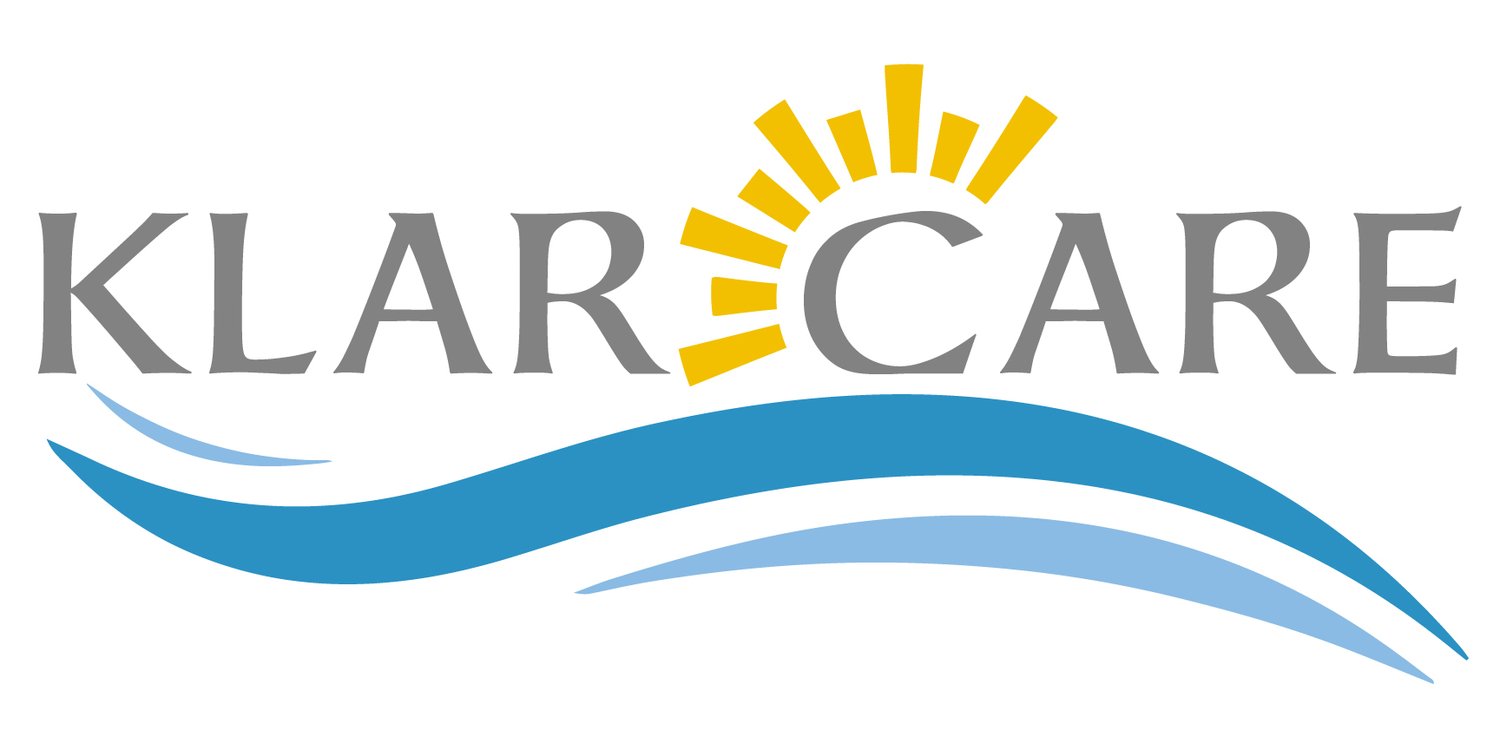Bringing Medicine Back to Its Roots—Where Science and the Doctor-Patient Relationship Thrive.
DPC docs do not take health insurance, and in so doing they are not restricted by the red tape of traditional healthcare. This is made possible by a low monthly subscription fee used instead of office visit copays and insurance, and deeply discounted medications, labs, procedures and imaging. I can also direct you to insurance brokers who know DPC style practices and can help get you the lowest overall insurance cost for the highest value.
I do not accept insurance, but most patients who use DPC practices have insurance. While I know you pay a lot of money for your insurance premiums, what a primary care doctor actually gets paid by insurance each time you visit is very little. In order to keep their practices afloat , most PCP's that take insurance usually need to see 25 patients a day and usually have about 2-3000 patients at a time. This is why it is so hard to get an appointment, why you wait 45 minutes in a waiting room for a 10-15 minute visit, why you can't get your calls returned, or see your doctor that knows you when you are sick. By not taking insurance, I am able to see you when you need to be seen, answer phone calls/emails/texts directly, spend more time with you, and be available for you whenever you need me. Additionally, because I am charging affordable rates for services, like $5 for a thyroid test instead of $150, we don’t have to ask insurance for permission to do the care that the doctor and patient have decided is best. You can still use your insurance for blood work, X-rays, specialists, hospitals and prescriptions if you choose. I can’t help out in the situation of an emergency like a heart attack or stroke- this would require at least disaster insurance to handle- but I can keep people out of the ER/urgent care unnecessarily.
Some people use Direct Primary Care for the improved doctor-patient experience, some use it for affordability and predictability in healthcare costs, all use it for an easier healthcare experience without the smoke and mirrors games of traditional outpatient healthcare.
Although there are many layers to why American healthcare is the most expensive in the world with some of the worst outcomes (we spend more by far than any other country with worse outcomes), this account is one of the most concise I have found for why American healthcare is this way, and why Direct Care can help to fix it: Why Aren’t There More Free Market Surgery Centers?
Direct Primary Care is healthcare focused on the doctor-patient relationship instead of healthcare with innumerable middlemen and hidden costs. Current healthcare feels like a smoke and mirrors game- which insurance plan do I choose? Does this low premium cover anything? Does this high premium cover what I need? Do I even know what my plan covers? Where did this $500 bill come from, doesn’t my plan cover that? What is an “administrative cost”? Why does the cost of my procedure change depending on the person with whom I speak?



